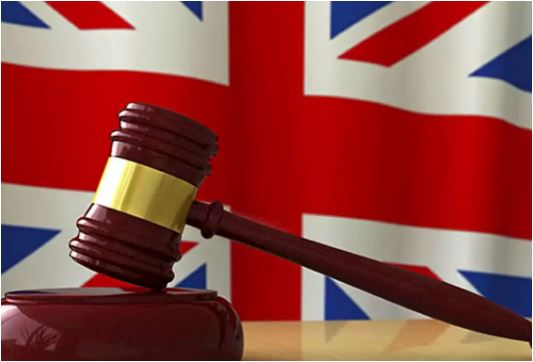 Nigeria is at the risk of losing assets worth $9billion to Process & Industrial Developments Ltd., a UK small natural gas company, following a court order that gave the company the nod to seize the assets.
Nigeria is at the risk of losing assets worth $9billion to Process & Industrial Developments Ltd., a UK small natural gas company, following a court order that gave the company the nod to seize the assets.
Counsel to the company ,Andrew Stafford Q.C said yesterday in London that Judge Christopher Butcher “ruled decisively in P&ID’s favour and has comprehensively rejected Nigeria’s efforts to avoid payment of this award of over $9.6 billion.”
“P&ID is committed to vigorously enforcing its rights, and we intend to begin the process of seizing Nigerian assets in order to satisfy this award as soon as possible,” Staffford added.
The $9billion – almost 2.5% of Nigeria’s annual gross domestic product – is about the largest financial liability in the country’s history.
The verdict paves the way for the British Virgin Islands-based company to start making applications to seize Nigerian assets in Britain.
The litigation stemmed from a 20-year gas and supply processing agreement (GSPA) between P&ID and the federal government in 2010 to build a state-of-the-art gas processing facility in Calabar.
The plant, in which Nigeria was to have a 10% stake, was to refine associated natural gas into non-associated natural gas to power the national electric grid as conceived in 2006 when President Olusegun Obasanjo was in power.
The project however collapsed because Nigeria did not meet its end of the bargain.
The firm then resorted to litigation.
It was first awarded $6.6 billion in an arbitration case in January 2017 by a US District Court.
The federal government refused to pay the sum.
The damages increased to $9 billion after interest.
The federal government explained the US court’s decision away then as a “default entry made by the clerk of the United States’ District court.”
Solicitor-General of the federation, Dayo Apata,told reporters in Abuja a year ago that default entry’ was not a judgement, and that the court lacked constitutional powers to institute such an order against a sovereign state like Nigeria.
Source: The Nation NG







